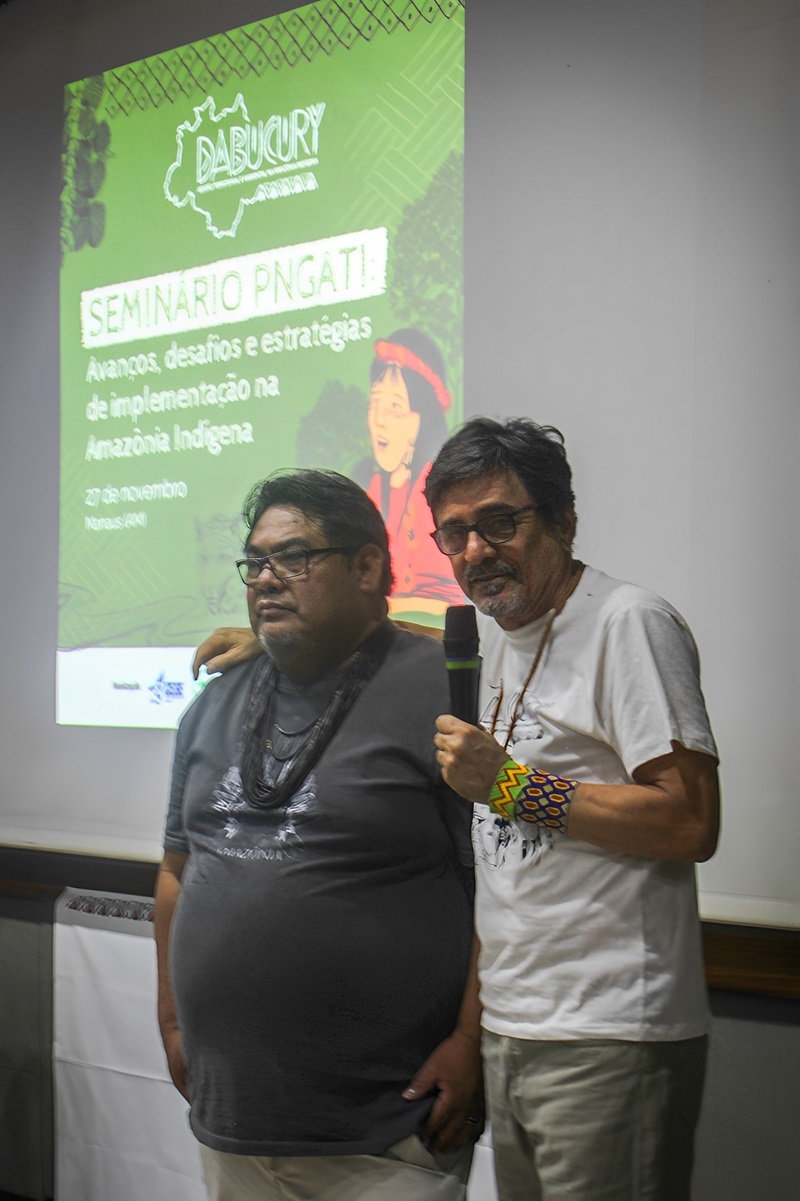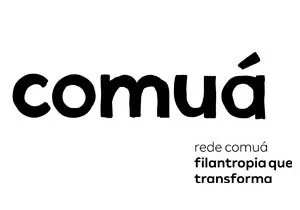- Home
- News
- Training for Trainers strengthens activists and groups in the fight for human rights in Brazil
Training for Trainers strengthens activists and groups in the fight for human rights in Brazil
05 de September de 2024

Grassroots organizations in Brazil have very significant experiences in social mobilization and political advocacy, but it is not always possible to plan these activities in a structured manner or to collectively reflect on the strategies adopted. The same applies to fundraising. There are countless ways of working and types of experiences, many with no systematization or reflections about political and financial sustainability.
What if these initiatives could be systematized and new strategies could be taught to strengthen this work? Through its Change the Game Programme, CESE has been debating these issues with the social movements for ten years, and has challenged itself to provide training in mobilizing support and mobilizing local resources as part of its mission to strengthen groups.
In order to train a new team of trainers to deliver Change the Game courses in Brazil, between August 19 and 30, CESE ran a “Training for Trainers” course in Salvador. Members of CESE’s team, representatives of grassroots groups and partner consultants underwent two weeks of training: the first focused on mobilizing local resources and mobilizing support; the second on facilitation, and training techniques and strategies.
SEE WHAT THEY SAY ABOUT US
When we hear talk of the struggles of the peoples of the waters, of the forests, of the semi-arid region, of the city peripheries and of the most varied organizations, we see and hear that CESE is there, at their side, without replacing the subjects of the struggle. Supporting, creating the conditions so that they can follow their own path. It is this spirit that we, at ASA, want you to maintain. We wish you long life in this work to support transformation.
I am a macumba devotee, but I love being with partners whose thinking is different from ours and who respect our form of organization. CESE is one such partner: it helps to build bridges, which are so necessary to ensure that freedom, diversity, respect and solidarity can flow. These 50 years have involved a lot of struggles and the construction of a new world.
You have to praise CESE’s capacity to find answers so as to extend support to projects from traditional peoples and communities, from family farming, from women; its recognition of the multiple meanings of the right to land, to water and to territory; the importance of citizenship and democracy, including environmental racism and the right to identity in diversity in its discussion agenda, and its support for the struggles and assertion of the values of solidarity and difference.
Over these 50 years, we have received the gift of CESE’s presence in our communities. We are witness to how much companionship and solidarity it has invested in our territories. And this has been essential for us to carry on the struggle and defence of our people.
CESE was set up during the most violent year of the Military Dictatorship, when torture had been institutionalized, when arbitrary imprisonment, killings and the disappearance of political prisoners had intensified. The churches had the courage to come together and create an institution that could be a living witness of the Christian faith in the service of the Brazilian people. I’m so happy that CESE has reached its 50th anniversary, improving as it matures.
In the name of historical and structural racism, many people look at us, black women, and think that we aren’t competent, intelligent, committed or have no identity. Our experience with CESE is different. We are a diverse group of black women. We are in varied places and have varied stories! It’s important to know this and to believe in us. Thank you CESE, for believing in us. For seeing our plurality and investing in us.




















